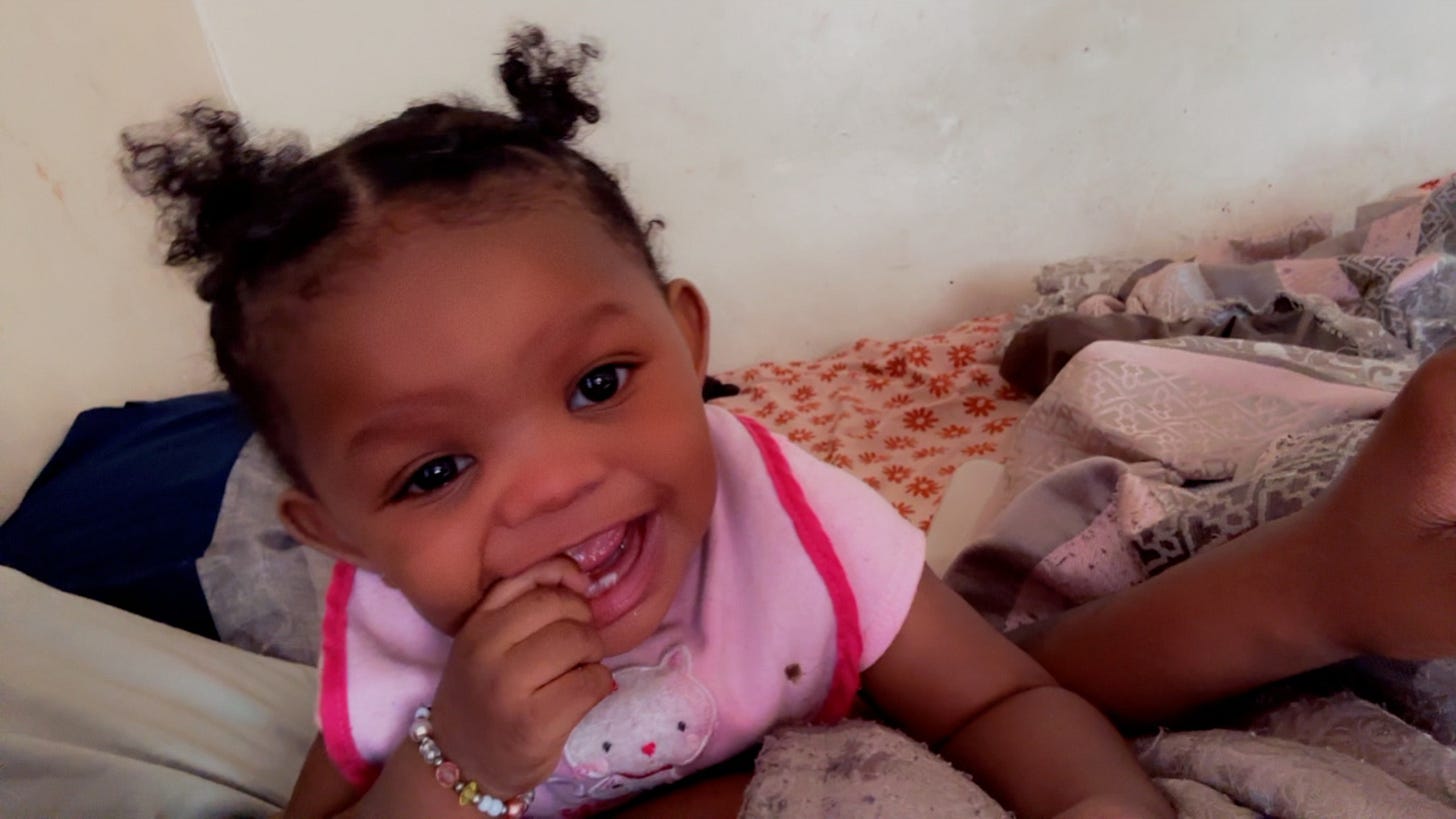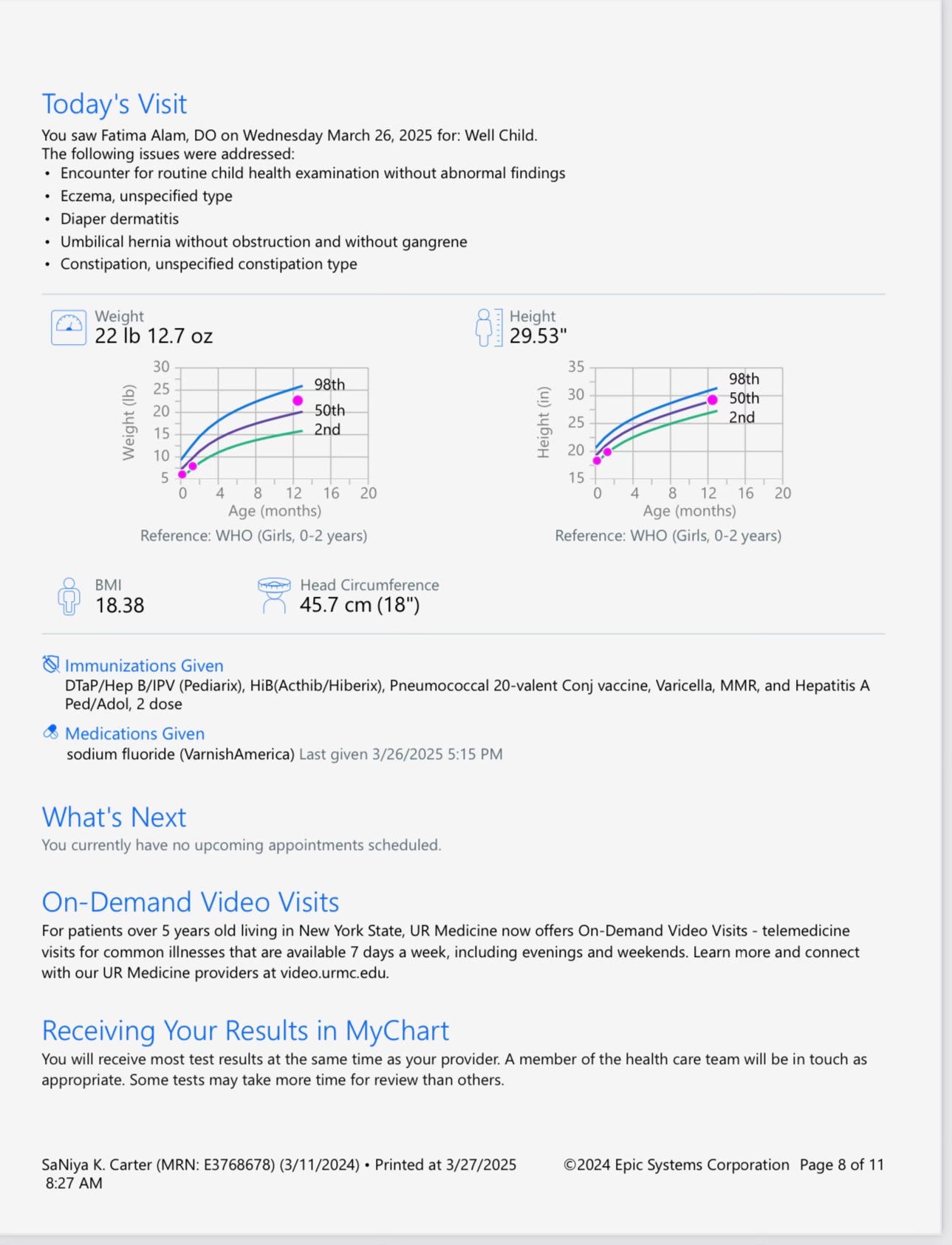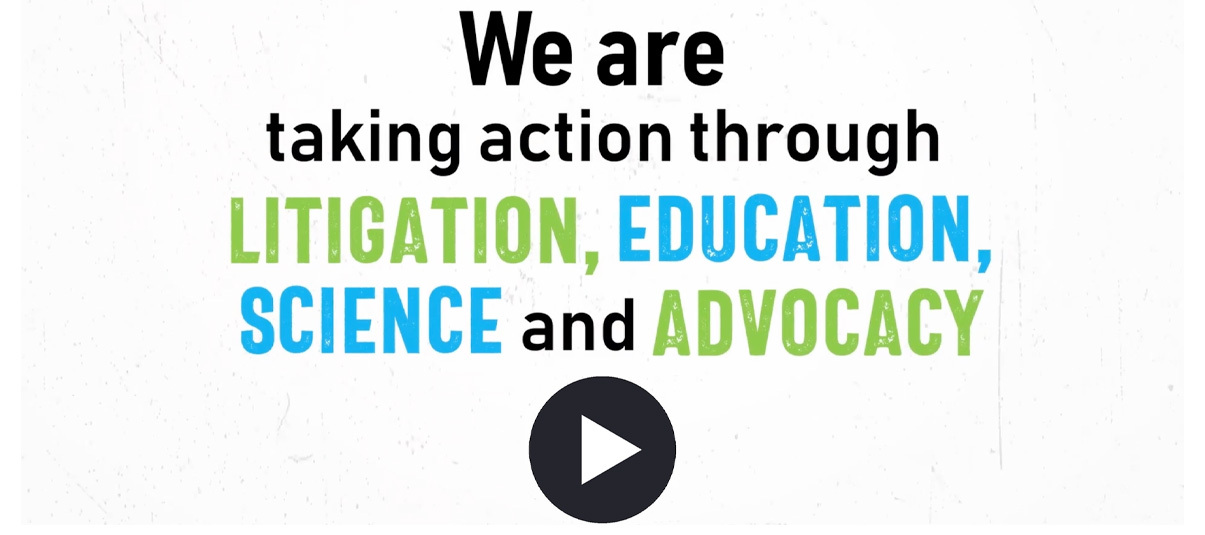Vaxxed to Death
A large study of 2,605 sudden infant deaths in the U.S. found 58% occurred within 3 days of vaccines, 78% within a week. Officials see no evil.

Late last March, a baby from upstate New York had seizures in her car seat, went into cardiac arrest, and died in a hospital emergency room while on a family trip.
Just twelve hours earlier, she had received six shots containing twelve immunizations on the childhood vaccination schedule. Her mother was told she needed to “catch up,” as the U.S. Centers for Disease Control policy recommends, on her missed six-month appointment. The baby had turned a year old on March 11, just sixteen days earlier.
The death of Sa’Niya Carter and its aftermath, we would argue, are an outcome of long-standing refusal by pharmaceutical and medical interests to recognize that vaccines can sometimes cause harm.
Incidents like this are why Health and Human Services Secretary Robert F. Kennedy Jr. last spring overhauled the group that steers vaccine oversight. The nation’s Advisory Committee for Immunization Practices, he has written, “never recommended against a single vaccine—even those later withdrawn for safety reasons.”
Ignorance and Accusations
When babies drown or are killed in car crashes, wrenching news stories follow. But if children die after vaccination, their deaths almost always go unreported. The exception is when unexplained infant deaths are cast as potential crimes by the people who have lost the most: parents.
The concerning circumstances of Sa’Niya’s death—just hours after multiple vaccinations—were reported in a publication of the Children’s Health Defense, the organization founded by Kennedy, and virtually nowhere else.
Indeed, six weeks later in Payette, Idaho, a salacious story of the deaths of twin siblings Dallas and Tyson Shaw played out online and in television reports that made no mention of the vaccines the children had received.
On April 23, the 18-month-old twins received five vaccines, against diphtheria, tetanus, and pertussis, hepatitis A, and flu, an inoculation to which the children’s father had had a bad reaction. A visit to an emergency room ensued the next day, followed by five days of listlessness and watery diarrhea. The boy and girl were found dead May 1 in a shared crib.
“Foul play is suspected,” the police immediately announced, “and the incident is being handled as a homicide at this time.” Although more respect and restraint may have been in order, the police are not to blame.
After all, unequivocal health policies deny vaccines can kill. To law enforcement, the concept is a nonstarter, an absurdity. But is it?

Simultaneous deaths
Dallas and Tyson Shaw join seven other sets of twins reported in the medical literature who have died together soon after vaccination. In a 2013 case, 10-week-old twins died ten days after their first DPT and polio vaccines. In a 2007 report, 15-week-old identical girls died two days after receiving four inoculations, including DPT. In 1985, twin boys died three hours after DPT vaccination.
Twin vaccine deaths are rare. But vaccine deaths may incorrectly be attributed to other causes such as abuse, suffocation, shaken-baby syndrome, or sudden infant death syndrome, known as SIDS. The International Classification of Diseases code for prophylactic vaccine death was eliminated in 1979; pathologists can search out codes for vaccines as contributing factors, but only if they are inclined.
In a seminal study published in 2021, 2,605 reports of sudden infant death to the government’s Vaccine Adverse Events Reporting System were analyzed. Researchers found that 58 percent occurred within three days of vaccination, and 78 percent within a week.
The results, published in the journal Toxicology Reports, were “highly suggestive of a causal relationship.”
Nonetheless, the label “anti-vax” is used liberally against most any vaccine criticism, causing vaccine injury to go unrecognized and unreported. Doctors tell mothers their babies will be fine beforehand. After-effects are dismissed as passing and minimal.

“I want my baby back”
Shanticia Nelson and Kayon Carter of Rochester, N.Y., are devastated by the loss of their daughter, a beautiful, happy baby who had turned 1 just sixteen days earlier; she was the girl, after two boys, that Shanticia yearned for.
The couple is traumatized, she told us, by their loss; by the baby’s bloody thighs as needle after needle was inserted; and by police questions of their potential drug use even as their baby in the backseat was in clear distress.
“I want my baby back,” Nelson said. “They were trying to bring her back to life for forty minutes,” said her father, Kayon Carter.
These are the stories media have been made afraid to tell. But probing the role of vaccines is needed to prevent future harm.
In late 1978 to early 1979, four infants died in Tennessee within twenty-four hours of receiving the DPT vaccine. The cause had been recorded as sudden infant death syndrome, though each shot came from the same batch of vaccines. The batch was withdrawn.
When Japan recorded thirty-seven sudden infant deaths from 1970 to 1974 after pertussis vaccination, the age of first vaccination was changed from three months to two years. Infant mortality dropped there by more than half.
A just-say-yes vaccine milieu has long offered little hope of such logical safety reforms in the United States.
It’s time for a change.
Postscript: The family of Sa’Niya Carter has struggled since her death and is facing imminent eviction from their apartment. A GoFundMe page was set up after the baby’s death to aid in autopsy, funeral, and other expenses.
*************************************************************************************************************
Thank you for being a Defender of truth, freedom and children’s health! If you find value in the work we do at CHD Canada, please consider making a donation.

